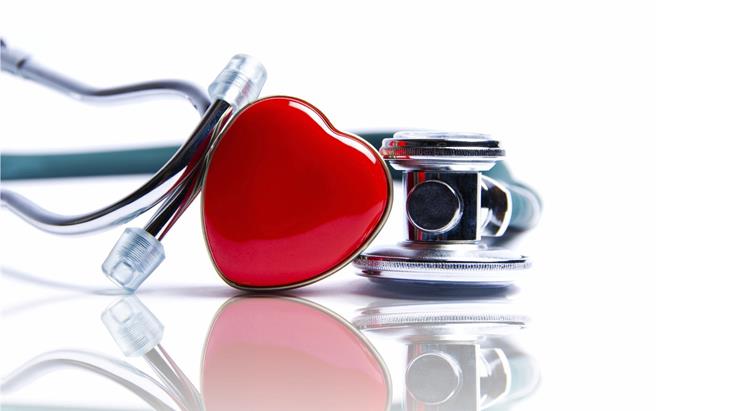27 April 2022

Public Health have confirmed that there are no cases of the recently described acute hepatitis in children in Jersey. This follows a rise in the UK of hepatitis cases in children, where more than 100 cases have been reported to date.
The UK Health Security Agency (UKHSA) is investigating what may be causing the rise in acute severe hepatitis in children. Most cases are in young children but the definition being used is up to 16 years of age.
The evidence does not support COVID infection as a cause. The vast majority of hepatitis cases have occurred in children who had not been vaccinated against COVID-19 and there is no link whatsoever between COVID-19 vaccination and this new hepatitis.
While the majority of new hepatitis cases tested positive for Adenovirus, at this stage there is no conclusive evidence that the increasing Adenovirus infection seen in the community in the UK is the cause. Adenovirus is a common virus and has only been linked to very rare cases of hepatitis in immunosuppressed individuals in the past.
While rare in the UK and there are no new cases in Jersey, parents, carers, education, and childcare staff are being reminded to stay alert of the common symptoms of hepatitis which include:
- loss of appetite
- fever
- dark urine and pale stools
- itchy skin
- feeling sick or being sick
- fatigue
- yellowing skin and eyes (jaundice)
- abdominal pain.
If parents or carers are concerned that their child has any of these symptoms, they should contact their GP or healthcare professional.
School and nursery settings are being reminded to maintain good hand, general and respiratory hygiene by opening windows, regularly washing hands, and sanitising surfaces.
Deputy Medical Officer for Health, Dr Ivan Muscat, said: "I'd like to reassure Islanders that no cases of this new hepatitis have been identified in children in Jersey.
"Importantly, we know that there is no connection between getting vaccinated against COVID-19 and hepatitis. I'm aware there have been some rumours and speculations about this, so I want to make it absolutely clear that there is no link whatsoever.
"COVID-19 vaccination is safe and has been recommended to children over the age of five, by the Joint Committee on Vaccination and Immunisation (JCVI) following extensive scientific and medical research and now real life data."
Director of Public Health, Professor Peter Bradley, said: "While we have been able to rule out some causes, we are still unclear on what has caused the spike in hepatitis cases in the UK and other countries.
"Public Health will continue to monitor the situation closely, and until we understand the situation better, it is very important that Islanders carry on with the good hygiene practices that we have become so accustomed to doing over the past two years of the pandemic."